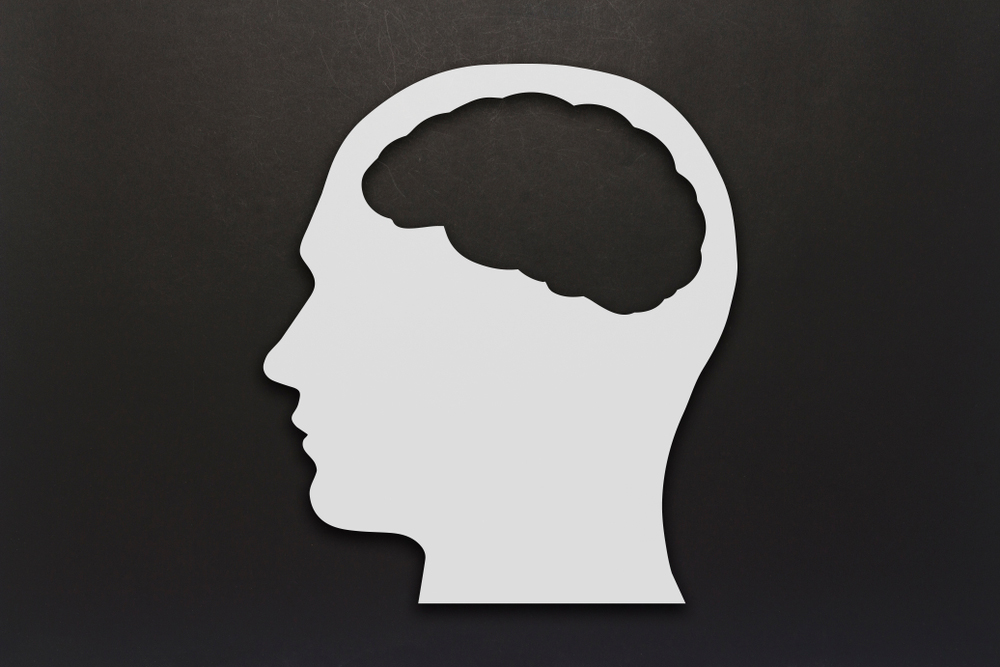Mania is a disruptive condition involving erratic behavior and an unusually high level of physical and mental activity. During a severe manic episode, you might experience a break with reality, or psychosis. The leading symptoms of psychosis include delusional ideas, hallucinations and paranoia.
What Happens During a Manic Episode?
Mania looks different for everyone, but it generally includes some of the following characteristics:
- Being extremely upbeat and energetic
- Feeling invincible
- Making reckless decisions like abusing drugs or spending massive amounts of money
- Staying awake for several days in a row
- Speaking quickly, with disconnected thoughts tumbling out all at once
- Feeling, seeing and hearing things that aren’t there
- Jumping quickly between projects, never completing anything
Note that these symptoms should represent a dramatic departure from your usual personality traits. Someone who always talks rapidly, acts impulsively and doesn’t sleep enough is probably not experiencing a manic episode.
What Is Psychosis?
Psychosis is a medical term that describes people who perceive the world around them differently from others. People with psychosis may experience confusing, disorienting disruptions in their thoughts or feelings that make it challenging to determine what’s real and what isn’t.
Manic psychosis can include various symptoms, but usually involves two dominant experiences: hallucinations and delusions.
- Hallucinations are sensory illusions. For example, someone experiencing a psychotic episode may hear voices, see people who aren’t there or feel unusual sensations.
- Delusions are irrational, inconsistent beliefs that seem true, but are unrealistic. A delusional person might become extremely paranoid and believe someone is out to harm them. Or, they could have an exaggerated sense of self-confidence, power, talent or importance.
What Causes Manic Psychosis?
Health professionals who specialize in diagnosing and treating psychosis have not identified what causes it. However, manic psychosis is a feature of several mental health conditions.
- Bipolar I disorder: Bipolar I disorder is the most common condition for manic psychosis to occur. This mental illness causes extreme high and low swings in mood and energy levels.
- Seasonal affective disorder: SAD occurs when the seasons change. Many people with SAD struggle in the fall and winter, though it’s possible to have it in warmer seasons too.
- Postpartum psychosis: Postpartum psychosis is a severe mental health challenge that affects some people after giving birth. It involves symptoms such as lethargy, trouble bonding with the newborn, irritability and thoughts of self-harm.
- Schizoaffective disorder: People with schizoaffective disorder may experience depression, mania and psychosis.
- Cyclothymia: Cyclothymia is a milder form of bipolar disorder involving less severe mood fluctuations.
Do You Have Manic Psychosis?
If your erratic moods, behaviors, delusions and hallucinations are severe enough to adversely affect your relationships and responsibilities, or if you worry about harming yourself or others, your first step is to make an appointment with your general practitioner. A doctor can perform screenings to rule out other illnesses that could mimic the symptoms of bipolar I and similar mental health conditions. If necessary, your physician can also refer you to a psychiatrist for additional help.
Manic psychosis is treatable with a combination of prescription medications, talk therapy and lifestyle changes. Though there is no known cure, these remedies can help you manage your mental wellness and enjoy a better quality of life.
Request Help Today
Providence Treatment is a leading treatment provider for accomplished professionals with substance use and behavioral health disorders. We offer state-of-the-art therapies in a safe, confidential environment. You’ve worked hard to climb the career ladder and build your resume, and we understand that you need to seamlessly transition back to your workplace after completing a treatment program. To learn more about how we can help you, contact us today.









